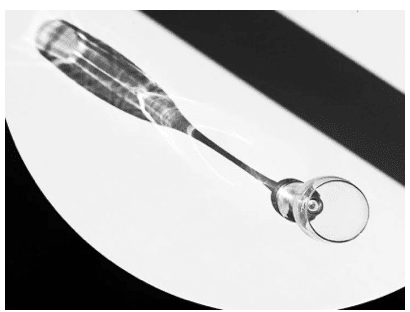Can a simple pill of aspirin help treat cancer? A new review investigates.
Peter Elwood, of the Cochrane Institute of Primary Care and Public Health at Cardiff University in the United Kingdom, is the lead and corresponding author of the new analysis, which was published in the journal PLOS One.
Elwood explains the motivation for the research, saying, “The use of low-dose aspirin as a preventive in heart disease, stroke, and canceris well established, but evidence is now emerging that the drug may have a valuable role as an additional treatment for cancer, too.”
Indeed, in 2012, three studies published in the journal The Lancet suggested that a daily intake of aspirin may prevent a series of cancers in middle-aged people.
Also, last year, Medical News Today reported on another study that found aspirin enhances the effectiveness of an anti-cancer drug in mice.
In this context, Elwood and team set out to examine the benefits of aspirin intake in the treatment of cancer.
Their paper is entitled “Systematic review update of observational studies further supports aspirin role in cancer treatment: time to share evidence and decision-making with patients?”
Aspirin improves outlook by 20–30 percent
To investigate the role of aspirin in cancer treatment, Elwood and colleagues looked at 71 studies, which summed up over 120,000 people who had been diagnosed with cancer and started taking aspirin in addition to their treatment.
Two independent reviewers assessed the eligibility of the studies and examined the number of cancer-related deaths, the incidence of metastases, and the mortality from other causes among people in the aspirin-taking group.
The researchers then compared these data with those of approximately 400,000 people who did not take the drug.
Of the studies included in the analysis, 29 examined cases of colorectal cancer. In addition, the researchers focused on breast cancer, which featured in 14 studies, and prostate cancer, which was the subject of 16 studies.
Overall, the analysis revealed that the chances of surviving a cancer diagnosis were 20–30 percent greater among people who took aspirin compared with those who did not. This was true at any given point after receiving the diagnosis.
Elwood and colleagues also note that the evidence suggests aspirin may benefit different cancers to varying extents. Aspirin seems to reduce the risk of dying from colon cancer by 25 percent, the risk of breast cancer mortality by 20 percent, and the risk of dying of prostate cancer by 15 percent.
Zooming in on colon cancer, for example, one of the studies analyzed revealed that the outlook of an otherwise healthy, 65-year-old man who receives a diagnosis of colon cancer and starts to take aspirin is similar to that of a 60-year-old man who is in the same situation but does not take aspirin.
Patients should have access to the evidence
The authors concede some limitations to their review. For instance, they write that the studies reviewed are purely observational and some of them did not find any benefits to taking aspirin.
However, Elwood and colleagues conclude that the findings “merit wide discussion regarding whether or not it is adequate to justify the recommendation of low-dose therapeutic aspirin” in the treatment of cancer.
“Evidence from further studies is urgently required, and patients should be strongly encouraged to participate in appropriate research studies,” says the study’s lead author.
How many pounds have you lost this month? At Dieta Efectiva you can lose 10-12 lbs your first week and 2-5 lbs every week after. Visit us dietaefectiva.netto learn more about our program.







